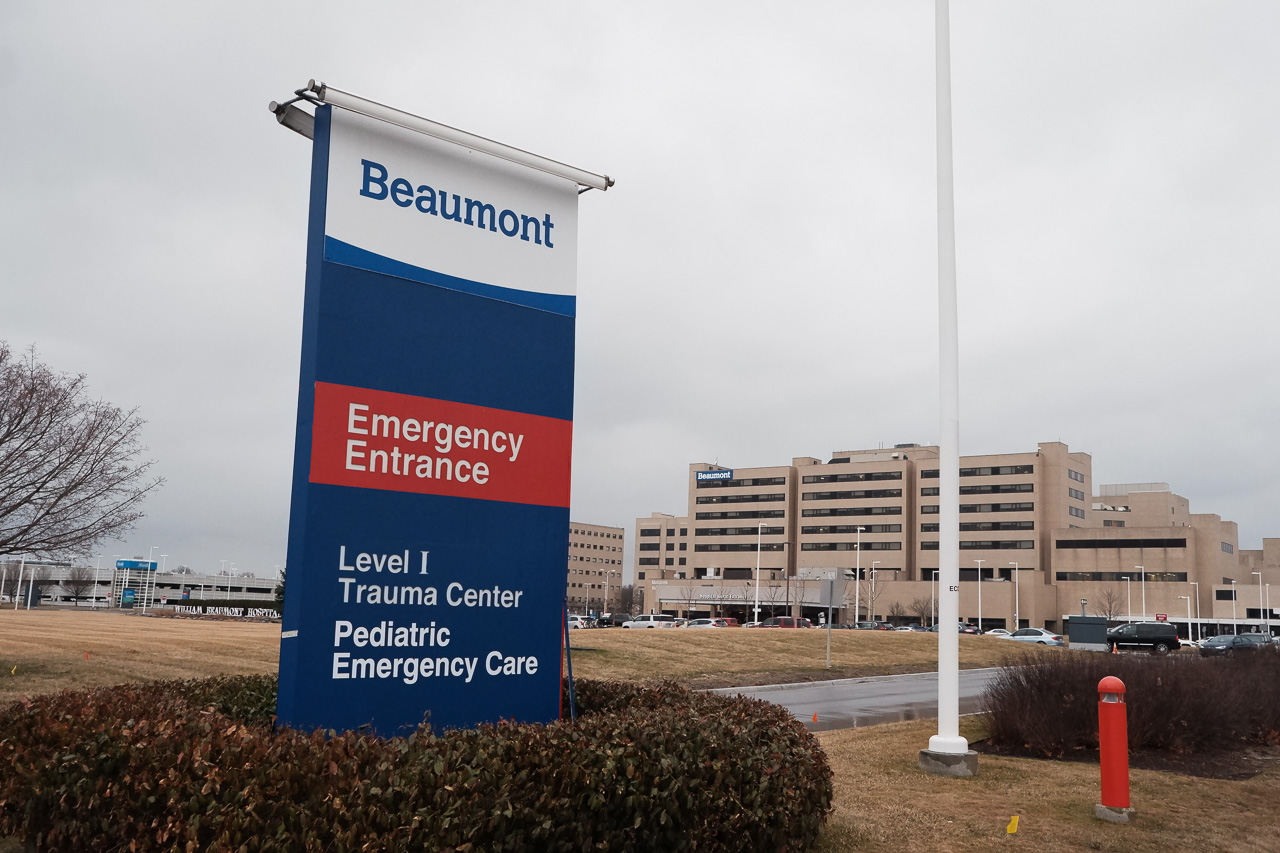Michigan’s top doctor urges people to protect themselves from omicron as hospitals fill
Bagdasarian says it’s tempting for many to adopt a “fatalistic” approach, but says it’s still crucial to slow transmission by masking up and getting vaccinated.

The omicron wave is still sweeping the state and the world with thousands of Michiganders getting sick every day. Trying to help Michigan navigate through this wave of COVID-19’s newest variant is Michigan’s new Chief Medical Executive Dr. Natasha Bagdasarian, a key adviser to Gov. Gretchen Whitmer.
As part of the weekly series MichMash, WDET’s Jake Neher and Slate’s Cheyna Roth sit down virtually with Dr. Bagdasarian to talk about what Michigan can expect in the upcoming weeks and months.
Subscribe to MichMash on iTunes, Spotify, Google Podcasts, NPR One or wherever you get your podcasts.
Bagdasarian says that Michigan is continuing to see all-time highs in terms of the number of cases of COVID-19. And hospitalizations are through the roof.
“So, in short, we are struggling here,” she says.
With rates as high as they are, medical professionals are continuing to say that at some point “just about everybody” will be exposed to COVID-19. The best thing anyone can do protect themselves from the coronavirus is get vaccinated and boosted. But vaccines are still only available to people ages 5 and older. Bagdasarian says she knows how frustrating it is right now for parents of kids younger than 5.
“What we’re trying to prevent are severe outcomes and deaths,” she says.
We don’t want our entire state population to come down with COVID at the same time, because that would lead to increased hospitalizations, more strain on health care capacity, and, as a consequence, more deaths.” —Dr. Natasha Bagdasarian, Michigan chief medical executive
“And we’re trying to keep infrastructure open, we’re trying to keep hospitals functioning, we want to make sure that individuals who need health care have access to good quality health care without long wait times. We’re trying to keep schools and other vital infrastructure open. So, there is a difference between thinking long term that, you know, chances of being exposed to COVID-19, at some point are very high, versus everyone getting it all at once. And that’s what we really want to prevent.”
Which means that people should not intentionally expose themselves to omicron or any other COVID-19 variant just to “get it over with.”
“This is a time when our hospital systems are already stretched to capacity, we’re already seeing long wait times to get simple things done,” Bagdasarian said. “And we don’t want our entire state population to come down with COVID at the same time, because that would lead to increased hospitalizations, more strain on healthcare capacity, and, as a consequence, more deaths.”
More from MichMash:
Reactions to Michigan’s new district lines are all over the map
The Biggest Political Blunders of 2021 in Michigan
Bills to Address Gun Violence Languish in Legislature Amid Calls for Action
Michigan Would Revert to Restrictive Abortion Ban If Roe v. Wade Is Overturned
Trusted, accurate, up-to-date.
WDET strives to make our journalism accessible to everyone. As a public media institution, we maintain our journalistic integrity through independent support from readers like you. If you value WDET as your source of news, music and conversation, please make a gift today.

